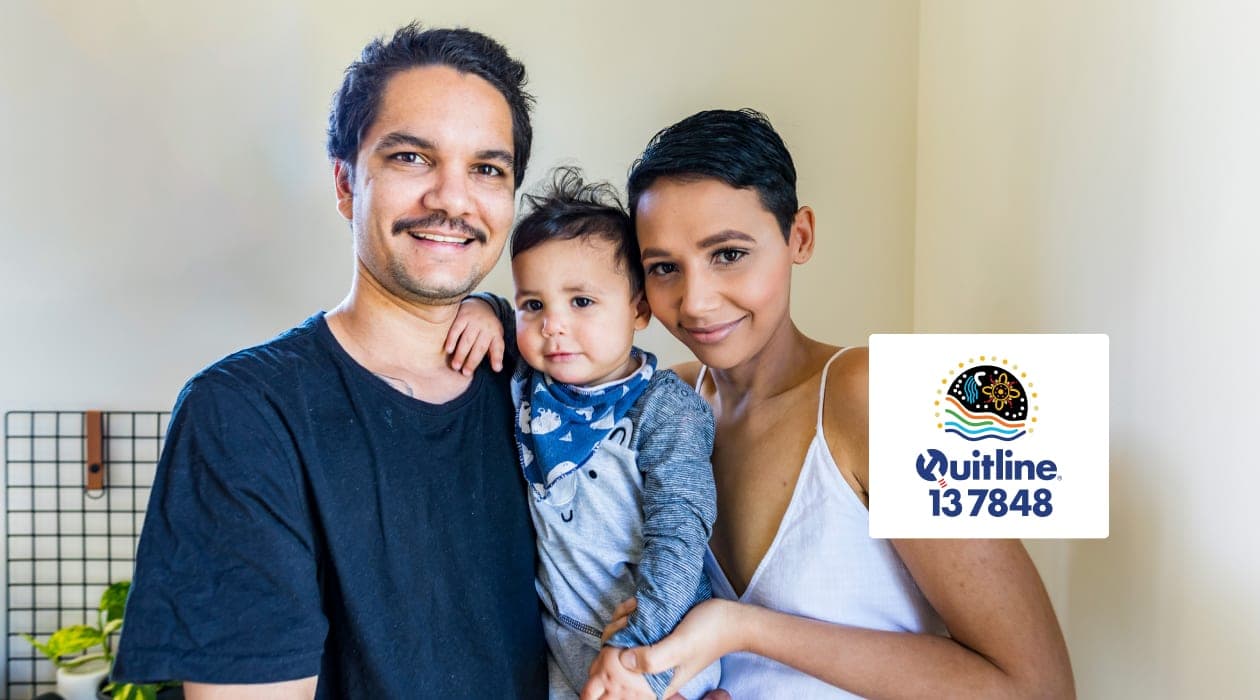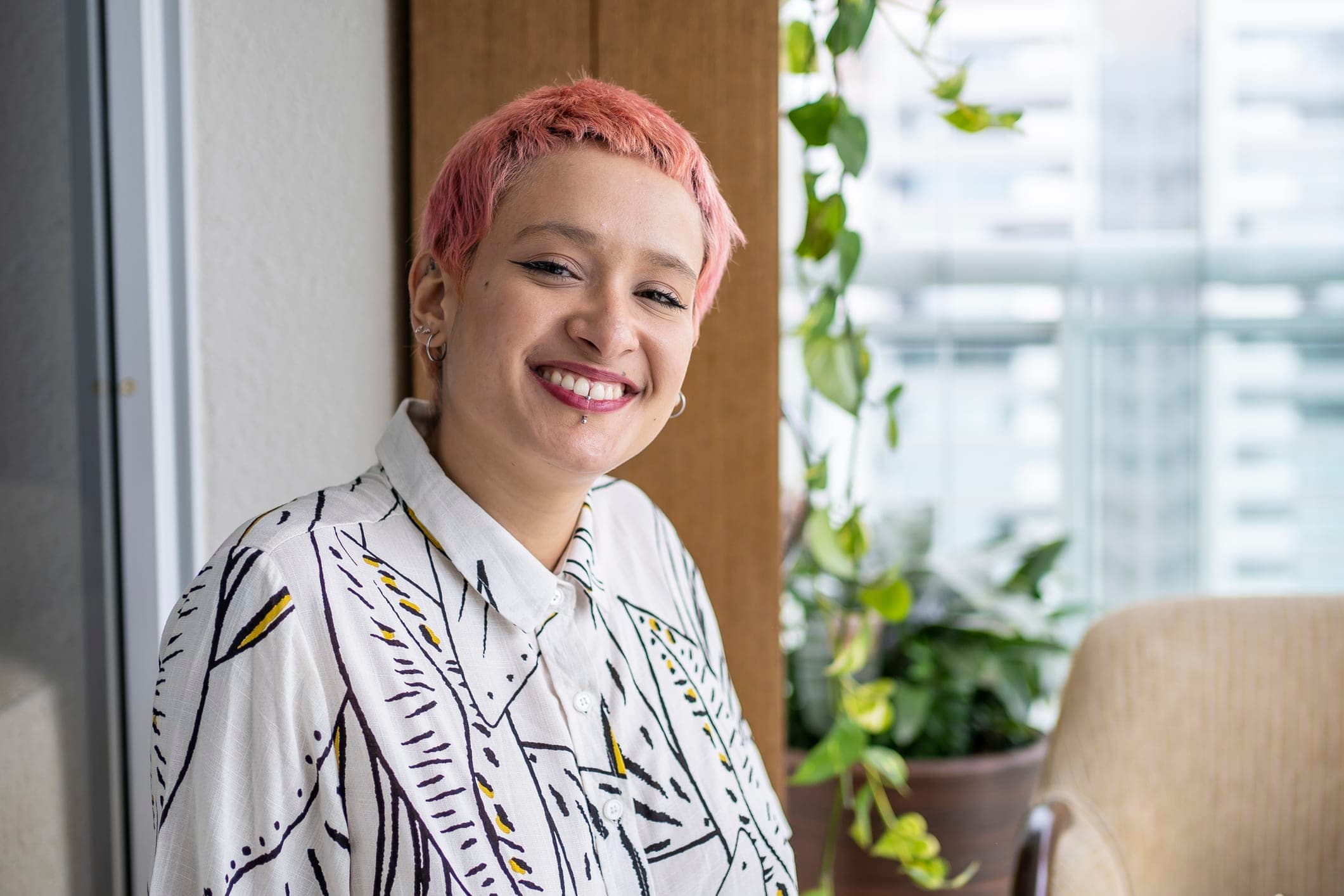No matter where you are on your quitting journey, Quit is here to support you every step of the way, through both information and online tools, as well as free counselling with Quitline.
Information & tools
You'll find lots of useful information and tools to help you quit smoking or vaping on quit.org.au including:
Free counselling with Quitline
Quitline counsellors can offer you free advice and support to help you stop smoking or vaping for good. They will find quit strategies that work for you. They'll help you build and keep up your motivation, create a personalised plan that works for you, and provide guidance and encouragement along the way. Quitline counsellors can also support you if you are using vapes to stop smoking. Read more about how Quitline can help.
There are lots of ways to contact Quitline
There are many ways to get in touch with Quitline:
Call 13 7848 Mon - Fri 8am to 8pm
Request a callback using the online form:
Text 'call back' to 0482 090 634 (VIC, SA, WA, NT only)
Webchat at quit.org.au (VIC, SA, WA, NT only)
Facebook Messenger @quitvic (VIC, SA, WA, NT only)
WhatsApp 61 385 832 920 (VIC, SA, WA, NT only)
Quit is a culturally safe space
Quitline is a culturally safe space. There is information in Arabic, Mandarin and Simplified Chinese and Vietnamese, and a Quitline counsellor can speak with you in languages other than English through an interpreter service. You can ask to yarn with an Aboriginal & Torres Strait Islander Quitline counsellor. Quit works with LGBTIQA+ communities - Quitline counsellors can chat with you in a culturally appropriate and accessible way and you'll find peers working in the service.
Speak with your GP
It's also a great idea to speak with your GP. Your GP can discuss ways to help you to quit smoking or vaping. See What to ask your GP.


